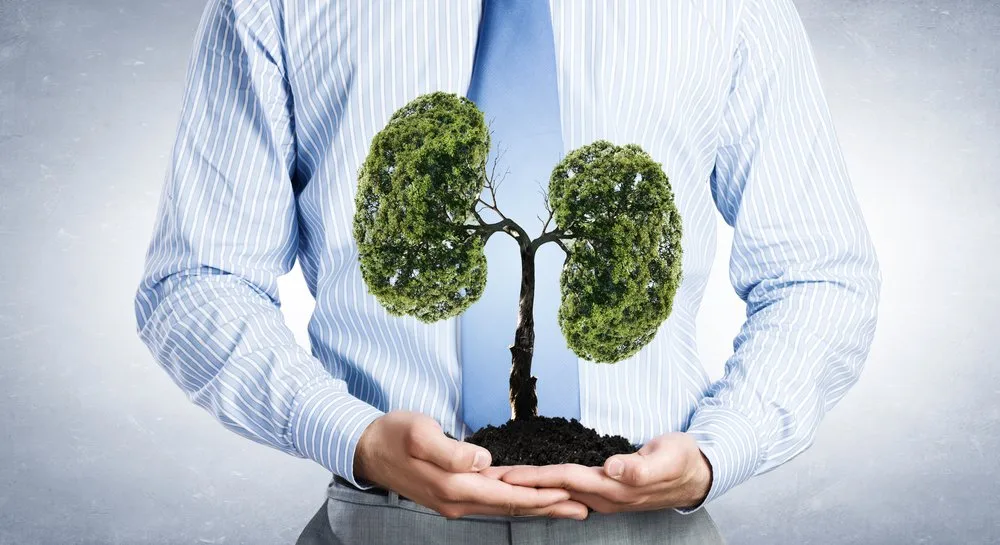Our lungs are no different from the rest of our organs – between the ages of 25 and 35, they begin to age. Dr Gunter Schleicher, a pulmonologist at Wits Donald Gordon Medical Centre, explains that this is due to changes in our vertebrae, ribs, diaphragm, nervous system and lung tissue.
Did you know?
You lose 20ml-30ml of lung capacity per year after the age of 30. This accelerates between the ages of 60 and 70.
“The ribs are attached to the vertebrae and supported by muscles. As we age, the ribs become thinner and barrel-shaped; their joints also become less flexible. This affects their capacity for movement and, therefore, our lung capacity.”
He adds that the diaphragm, like all muscles, loses strength and endurance over time, and gives way to fatty tissue. Two major changes in the nervous system also reduce lung capacity. The central nervous system measures oxygen and carbon dioxide levels, using this information to regulate the pace of our breathing.
This response becomes blunted as the brain ages. There are also nerves in the throat and trachea that make us cough when something gets into our lungs that doesn’t belong there. As this reflex becomes less sensitive, we inhale more unwanted substances, and we become more prone to infections.
Finally, the lung tissue undergoes changes as we age. Schleicher explains: “Just as your skin sags with age, so too does your connective tissue. This sagging can result in a collapse of the ‘scaffolding’ in certain areas, causing alterations in air flow and difficulty breathing.”
He adds that damage to the lung itself might occur after a lifetime of exposure to toxins, or as a result of repeated infection, obesity, poorly managed asthma or lack of exercise.
Which toxins cause poor lung health?
Schleicher notes that inhaling the following toxins, over time, can cause poor lung health:
- Nicotine and second-hand smoke;
- Pollution; and
- Occupational dust and toxic fumes.
How to maintain healthy lungs
- Avoid inhaling toxins.
- Maintain a healthy body weight. Being overweight puts pressure on your diaphragm, which reduces lung capacity.
- Partake in regular, moderate exercise. This builds and maintains lung capacity.
- Manage your asthma correctly.
- Ensure that childhood infections are treated.
Find out what the American Lung Association has to say about keeping your lungs healthy at the following link.
Damaged lungs will lower your quality of life, aging you prematurely. Making these practices a regular part of your life will ensure the health of your lungs.
Learn more about how to best use your lungs with proper breathing techniques at the following link.



![women [longevity live]](https://longevitylive.com/wp-content/uploads/2020/01/photo-of-women-walking-down-the-street-1116984-100x100.jpg)










